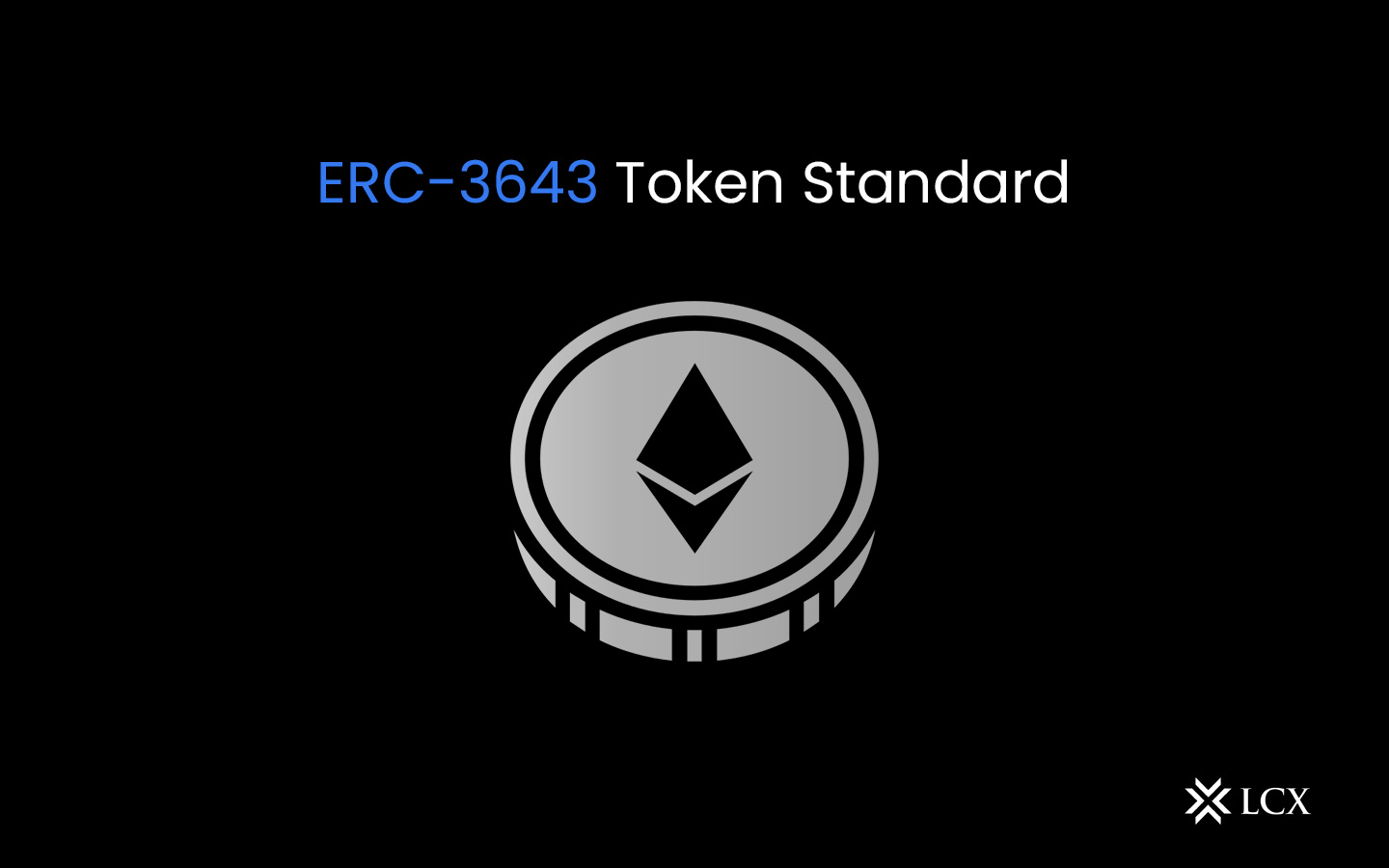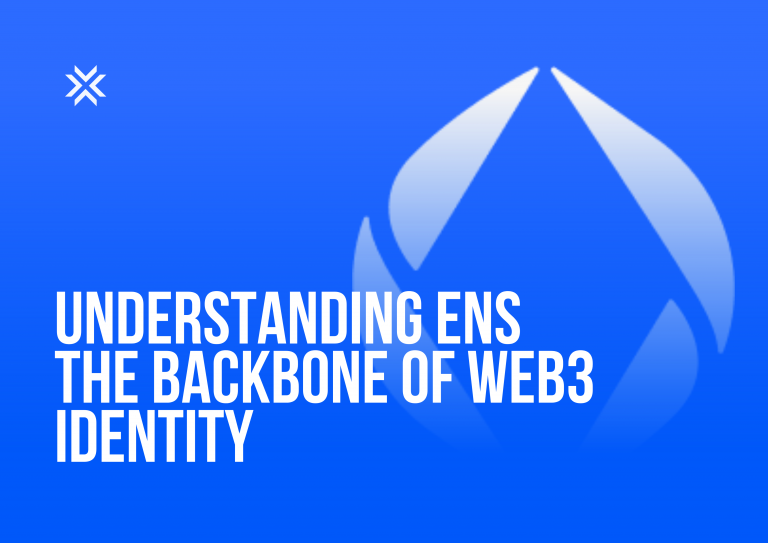The introduction of blockchain technology has ushered in a new era of asset transfer efficiency, accessibility, and liquidity. This is especially evident in the domain of cryptocurrencies, where token ownership can be transferred directly between users. When it comes to tokenized securities or security tokens, however, the situation becomes more complicated due to the need to comply with securities laws. These tokens cannot be permissionless like utility tokens; they must be permissioned in order to track ownership and guarantee that only qualified investors can possess them.
While the existing Ethereum protocol is robust and flexible, it does not adequately resolve the unique challenges posed by security tokens. There is a need for a standard that facilitates the compliant issuance and management of permissioned tokens, suitable for representing a vast array of asset classes, including small enterprises and real estate.
The ERC-3643 standard intends to provide a comprehensive framework for administering the entire lifecycle of security tokens, from issuance to transfers between eligible investors, while enforcing compliance rules at each stage. In response to regulatory requirements or changes in the status of the token or its holders, the standard also supports additional features such as token pausing and freezing.
Moreover, the standard is intended to function in tandem with an on-chain Identity system, enabling the validation of investors’ identities and credentials via signed attestations issued by trusted claim issuers. This ensures that the trading of security tokens is compliant with legal and regulatory requirements.
What Is ERC-3643?
ERC-3643 is a standard for security tokens that is slated to alter how blockchain assets are managed and transferred. It is intended to ensure that all transactions comply with securities laws. This makes it an effective management instrument for Real World Assets (RWAs) on the blockchain.
How Does ERC-3643 Work?
T-REX’s architecture is comprised of multiple essential components, each of which plays a crucial role in ensuring the compliant transfer and management of security tokens.
Identity Contract: Each user has an Identity Contract that manages their identity and stores all associated claims. This contract is compliant with the ERC725 standard, assuring security and interoperability.
Claim Topics Registry Contract: This section administers the various claim topics that can be added to an identity under the contract. Similar to a library of prospective claims, it provides a structured method for adding and managing these attributes.
Claim Issuers Registry Contract: This contract administers the entities authorized to issue claims. It is similar to a whitelist of trusted claim issuers, ensuring that only verified entities can affirm the identity of a user.
Basic Compliance Contract: This contract verifies the compliance of an identity. It acts as a gatekeeper to ensure that only compliant identities can participate in transactions by confirming whether an identity is compliant based on the claims it makes.
Identity Registry Contract: This contract maintains track of all identities within the system. It provides a central location to check up and verify users’ identities, similar to a phone book.
ERC-3643 and Real World Assets (RWAs)
The ERC-3643 standard enables the creation of a unique identity for each real-world asset on the blockchain. This identity can then be used to administer and transfer the asset in a compliant and secure way. The ERC-3643 standard has a significant impact on Real World Assets (RWAs) management on the blockchain. Using this standard, RWAs such as real estate, commodities, and even intellectual property can be tokenized and managed on the blockchain.
Impact of ERC-3643 on Finance
One of the industries that stands to gain the most from the ERC-3643 standard is the financial sector. By facilitating the tokenization of real-world assets, it creates new asset management and investment opportunities.
Imagine, for instance, a tokenized asset on the blockchain, leveraging the ERC-3643 token standard, and enabling investors to purchase and sell tokens that signify a portion of the asset. This means that they can invest in any real-world tokenized asset with a much lower entry barrier and without the need for traditional intermediaries like banks or brokers.
In addition, the compliance features of the standard ensure that these transactions adhere to extant securities laws. This renders it a viable and appealing option for institutional investors, who can leverage the efficiency and transparency of blockchain technology without sacrificing regulatory compliance.
ERC-3643 vs ERC-20: What’s the Difference?
ERC-3643 shares the same interface as the ubiquitous ERC-20 standard, which is used a lot for creating tokens on the Ethereum blockchain. This implies that any application that supports ERC-20 tokens can also support ERC-3643 tokens without requiring additional development. This is a major benefit, as it facilitates the integration of ERC-3643 tokens into the existing Ethereum ecosystem.
However, ERC-3643 takes a step further than ERC-20 by adding tokenization-specific features. These include compliance checks, identity management, and the ability to represent a portion of an asset.
The distinction between ERC-20 and ERC-3643 is crucial. While ERC-20 tokens are excellent for creating digital currencies and utility tokens, ERC-3643 functions as an upgrade with additional features like compliance and identity tests.
By adding these features, ERC-3643 makes it possible to seamlessly convert real-world assets into tokens in a compliant and regulated manner. This enables blockchain technology to disrupt traditional industries and establish new forms of value.
Conclusion
The ERC-3643 standard goes beyond a mere technical specification. It is a potent instrument that uncovers new asset management possibilities. It is paving the way for a future where real-world assets can be managed and transferred with the same simplicity and efficiency as digital assets by ensuring compliance and security in token transactions. ERC-3643 is a significant step forward in the world of blockchain technology. It exemplifies the power of innovation and the limitless possibilities that blockchain technology contains for our future.










